Childhood dementia happens when a child’s cognitive health slowly breaks down due to certain rare genetic issues. And as parents, we have a huge responsibility to provide adequate care to these young warriors!
Hence, we realized that understanding the actual childhood dementia causes is necessary for parents. It is important for getting accurate information will help you provide comfort to your child!
Research shows that childhood dementia comes with symptoms like confusion, memory slips, and trouble expressing themselves. The tricky part? These issues don’t just stay put; they tend to get worse as time rolls on.
That is why it is important to recognize the early signs! This article seeks to provide a comprehensive overview of childhood dementia, delving into its symptoms, causes rooted in rare genetic disorders, and potential treatment options!
What is Childhood Dementia?
Childhood dementia is a collection of serious brain conditions causing a gradual decline in thinking abilities and developmental skills in children. Even though each specific disorder is uncommon, with rates varying from 10 to 60 per 100,000 births, together, they present a significant challenge.
Figuring out what childhood dementia causes is complicated, and there aren’t many treatment options available. Leading to a much shorter life expectancy for affected children, ranging from early childhood to around 50 years.
Sadly, 75% of children with dementia don’t make it past the age of 18. Despite progress in understanding the underlying genetics, practical healthcare services and support for families dealing with this issue are not keeping pace.
Children with dementia might seem to develop typically at first, only to suddenly slow down and experience a decline, affecting various aspects of their lives.
However, due to the different natures of dementia patients, researchers have categorized childhood dementia into several types.
Read More: What Is Dementia: Symptoms, Causes, Types And Treatment
Let’s have a look!
Understanding The Different Types Of Childhood Dementia
Childhood Dementia is characterized by a decline in cognitive and neurological function, similar to dementia in older adults.
Understanding different types of childhood dementia is crucial for early diagnosis, disease management, and support. Here are some common types:
- Batten Disease
- Niemann-Pick Disease Type C (NPC)
- Sanfilippo Syndrome
- Gaucher’s Disease (Type 2 and 3)
- Krabbe Disease
- Metachromatic Leukodystrophy (MLD
- Alexander Disease
- Rett Syndrome
- Wilson’s Disease
- Huntington’s Disease Juvenile Form
In the vast realm of childhood dementia, we encounter a group of disorders that defy the conventional categorization.
Each type of childhood dementia has its unique characteristics and challenges. Early diagnosis and interventions are crucial in managing symptoms and improving quality of life. Families dealing with these conditions also need substantial emotional and social support.
Read More: How to Raise a Child with Autism: 5 Vital Tips and Examples!
Recognizing The Early Signs of Childhood Dementia
The early signs of childhood dementia can vary widely from one child to another, and they can manifest in different ways depending on the underlying cause of the dementia.
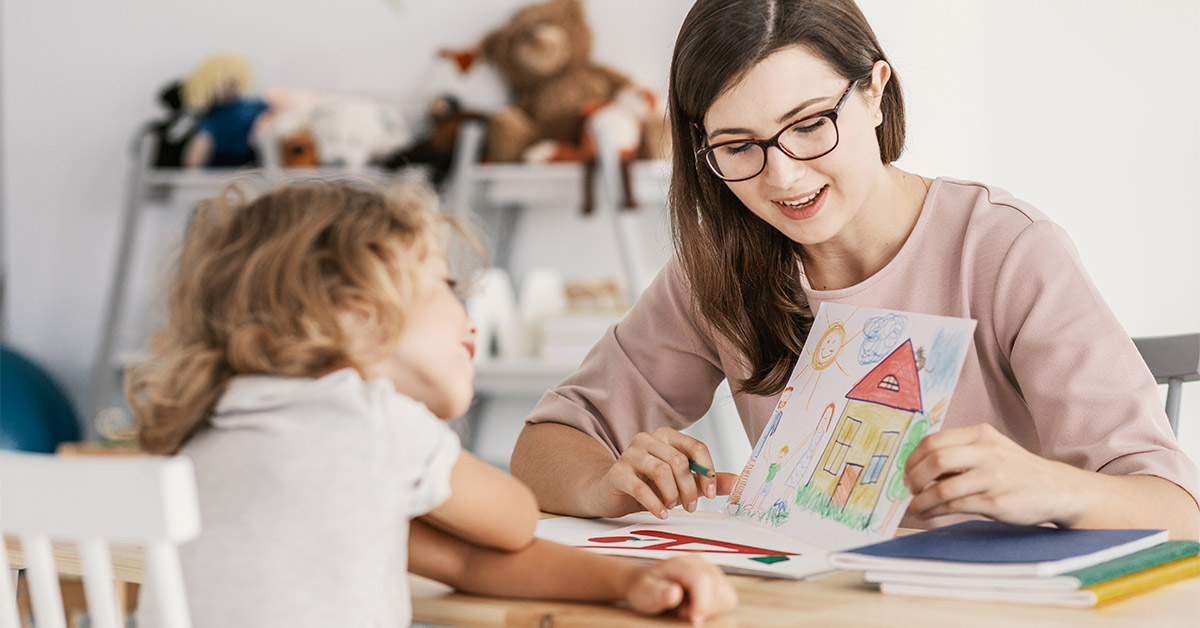
Common early signs include:
1. Memory Loss
Similar to adults with dementia, children may experience memory loss, which can affect both their recent and long-term memory.
2. Confusion
Children may show signs of confusion, which can manifest in difficulty understanding simple instructions or in familiar environments.
3. Trouble Concentrating
Affected children might have trouble focusing on tasks, learning new things, or following conversations.
4. Communication Difficulties
There may be a decline in the child’s ability to communicate effectively, including problems with speech and understanding language.
5. Behavioral Changes
Changes in personality, such as increased irritability, mood swings, or hyperactivity, can be early indicators of the disease.
In addition to these general symptoms, specific types of childhood dementia can present particular signs. For example, in Neuronal Ceroid Lipofuscinoses (NCL), common symptoms include vision loss, epilepsy, and motor impairment.
These symptoms can often be mistaken for other conditions such as autism, epilepsy, ADHD, or intellectual delays, which can lead to misdiagnosis. Therefore, if a parent or caregiver notices these signs, it’s crucial to consult with a healthcare professional for a thorough evaluation.
Understanding the childhood dementia causes is essential for providing targeted care and support to the affected children and their families. Let’s examine this!
Read More: 7 Early Signs of Childhood Mood Disorders and Ways To Treat
Looking Into Childhood Dementia Causes
Recent research has significantly advanced our understanding of these causes. Over 100 rare neurodegenerative genetic disorders have been identified as causing childhood dementia.
These conditions are broadly categorized into several groups:
1. Inborn Errors of Metabolism:
These are genetic issues where the body struggles with processing certain substances. For example, in conditions like phenylketonuria, the body can’t properly handle certain parts of proteins, leading to the build-up of substances that can be harmful.
2. Lysosomal Disorders:
Lysosomes are like recycling bins inside cells, they break down waste materials. When they don’t work right, as in Tay-Sachs disease or Gaucher’s disease, waste piles up in cells, which can harm the brain and its development.
3. Mitochondrial Disorders:
Mitochondria are the parts of cells that create energy. Disorders like Leigh syndrome affect the energy supply, especially in energy-hungry parts of the body like the brain.
4. Mucopolysaccharidoses:
These are conditions where certain types of complex sugars build up in the body. Diseases like Hunter syndrome and Hurler syndrome can affect physical abilities and sometimes brain functions due to this buildup.
5. Peroxisomal Diseases:
Peroxisomes help break down fats and other substances in cells. If they don’t work properly, as in Zellweger syndrome, harmful substances accumulate, which can affect the brain and its growth.
6. Neurodegeneration with Brain Iron Accumulation (NBIA):
This refers to conditions where iron builds up in the brain, affecting how the brain and nerves work. Pantothenate Kinase-Associated Neurodegeneration (PKAN) is an example of this type of disorder.
7. Leukodystrophy:
These are disorders impacting the myelin sheath, which is like the insulation for nerve cells in the brain. This can lead to problems with how the brain sends signals through the nerves.
Diagnosis usually occurs around the age of 4. The cumulative impact of these conditions is noteworthy, affecting 1 in 2,900 infants. Symptoms usually begin around 2.5 years, leading to a progressive decline in functions like memory, speech, and mobility.
Given the diversity in the causes of childhood dementia, treatment approaches are equally varied and largely dependent on the specific condition. Let’s take a look at the options for childhood dementia treatment.
Read More: Study Reveals 15 Risk Factors For Young Onset Dementia
Scientific Methods For Childhood Dementia Treatment
Since these are a group of rare neurodegenerative disorders in children, present unique challenges in treatment. However medical studies have made strides in understanding and treating these conditions.
The following are some of the scientifically approved methods for childhood dementia treatment:
1. Muscle Relaxants
Children with childhood dementia, especially those diagnosed with Neuronal Ceroid Lipofuscinoses (NCL), often experience spasticity. This refers to muscle stiffness or inflexibility, making everyday movements challenging.
2. Sleep Aids
Insomnia can be a common challenge for children grappling with childhood dementia. Sleep aids become valuable allies in regulating their sleep patterns. Ensuring restful nights is crucial not only for the child’s well-being but also for their caregivers.
3. Antiseizure Drugs
Epilepsy is prevalent in many types of childhood dementia, posing additional hurdles for affected children. Antiseizure drugs become a cornerstone of the treatment plan, helping manage and control seizures.
4. Antidepressants
To address behavioral and personality changes that can occur with childhood dementia, antidepressant medications might be prescribed. In addition to medication, supportive therapies play a crucial role in the treatment plan:
5. Physical Therapy
Engaging in physical therapy plays a crucial role in sustaining and enhancing motor skills, balance, and coordination. This therapeutic approach aims to optimize physical abilities and promote overall well-being.
6. Speech Therapy
This is important for children who experience communication difficulties, which can be a symptom of certain types of dementia.
7. Mental Health Therapy
Addressing the psychological impact of the disease on the child and their family is vital, and mental health therapy can provide essential support.
8. Nutrition Care
Proper nutrition is crucial for overall health, especially for children with chronic conditions like dementia. The treatment and therapy plans are usually tailored to each child’s specific symptoms and needs, evolving as the disease progresses.
While current treatments are unable to cure or halt the progression of neurodegenerative childhood dementias, they play a significant role in managing symptoms and improving the quality of life for these children.
Read More: Treatment Of Postpartum Depression: 11 Natural Remedies
A Word From Mind Family
Dealing with childhood dementia can be tough, especially for parents and caregivers. These little warriors are facing big challenges, and it’s up to us to support them.
Recent studies show us that childhood dementia comes with signs like confusion, memory problems, and trouble expressing themselves. These issues don’t just stay the same; they often get worse over time. So, spotting these signs early on is crucial.
Though we don’t have a cure yet, we do have ways to help these kids. Treatments like muscle relaxants, sleep aids, and therapies for physical and mental health can make a big difference.
The Mind Family wants to say that we’re in this together. If you have questions about childhood dementia, we’re here to help. Let’s keep learning, supporting each other, and working towards a future where these tiny warriors can lead better lives.
Frequently Asked Questions (FAQs)
1. What are some childhood dementia causes?
Childhood dementia is caused by rare genetic disorders, over 100 of them. These disorders affect how the body processes substances, recycles waste in cells, produces energy, and more.
2. What are the different types of childhood dementia?
There are many types, like Batten Disease, Sanfilippo Syndrome, and Rett Syndrome. Each type has its own set of challenges.
3. What is childhood dementia?
Childhood dementia happens when a child’s brain health declines gradually due to rare genetic issues. It affects their ability to think and develop.
4. What are some methods for childhood dementia treatment?
While there’s no cure yet, we use things like muscle relaxants, sleep aids, and therapies to help manage symptoms and improve the quality of life for these kids.
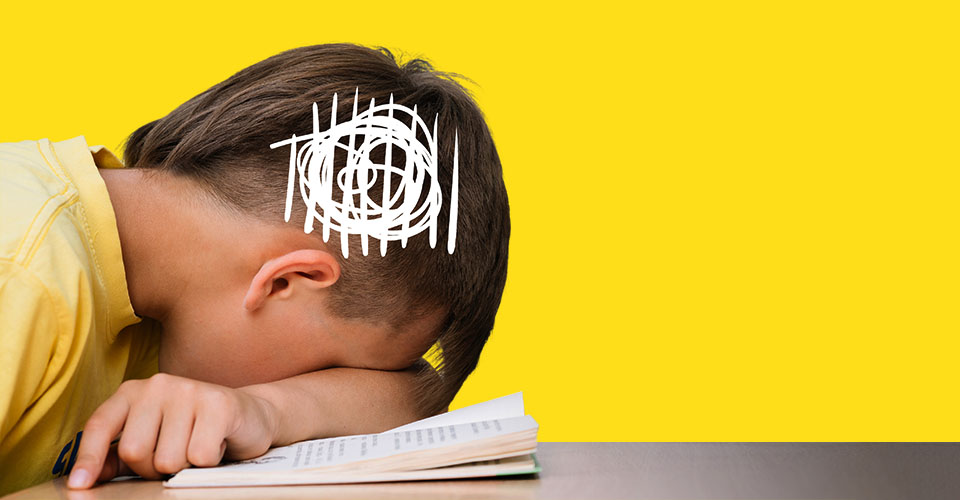




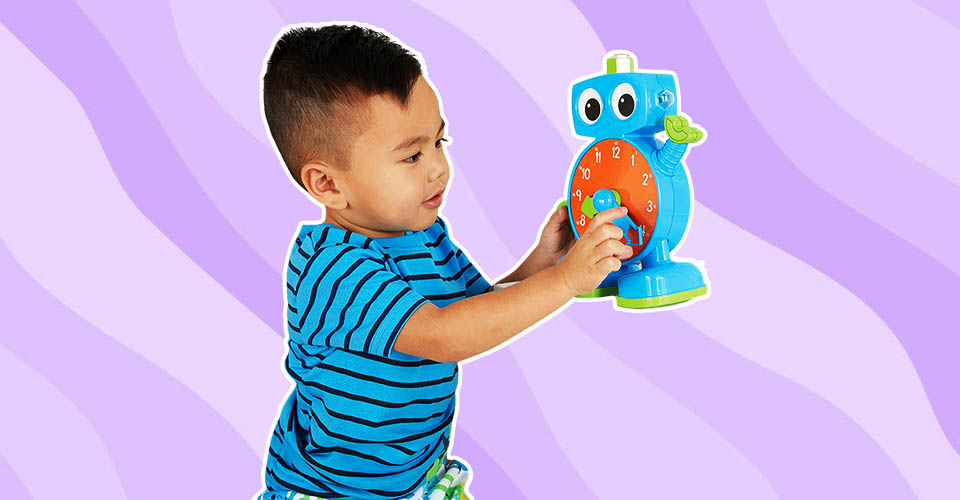
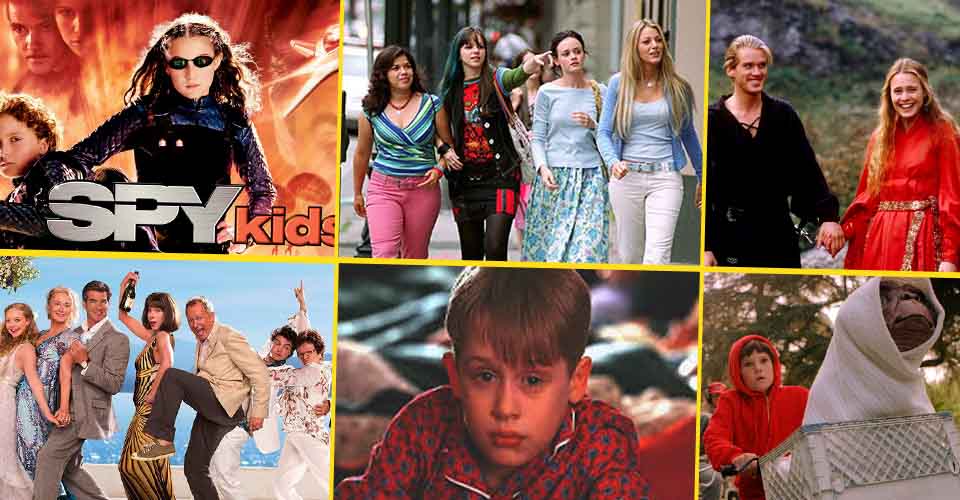
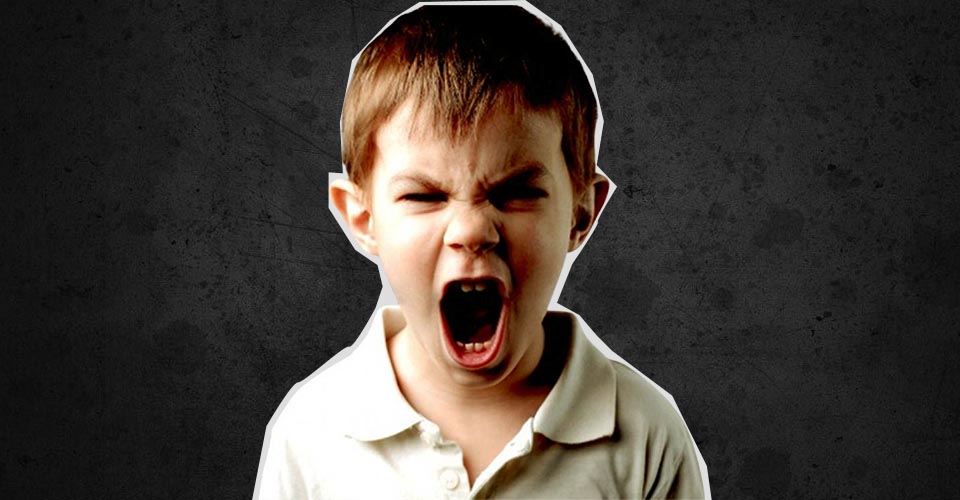
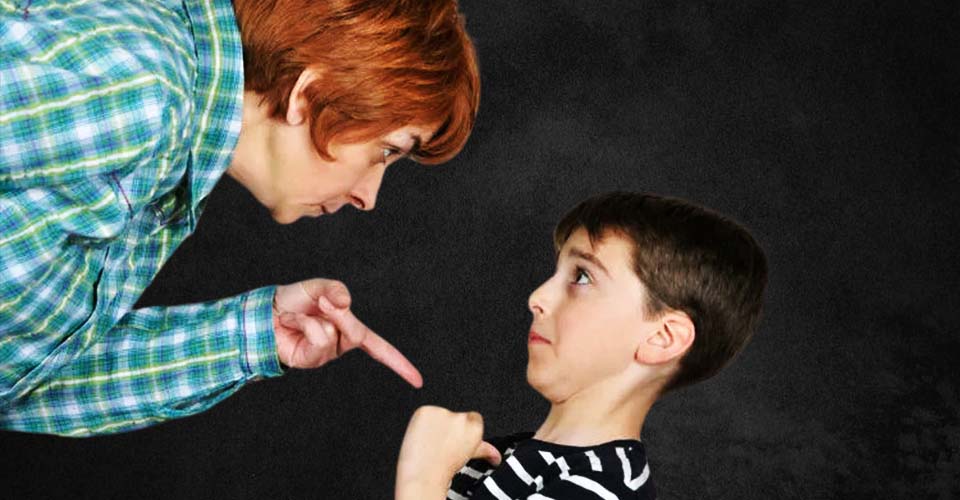
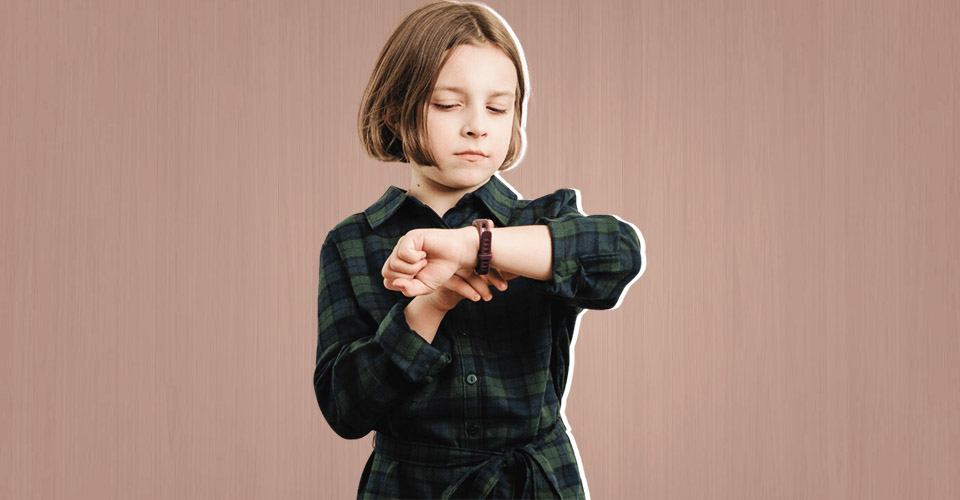








Leave a Reply